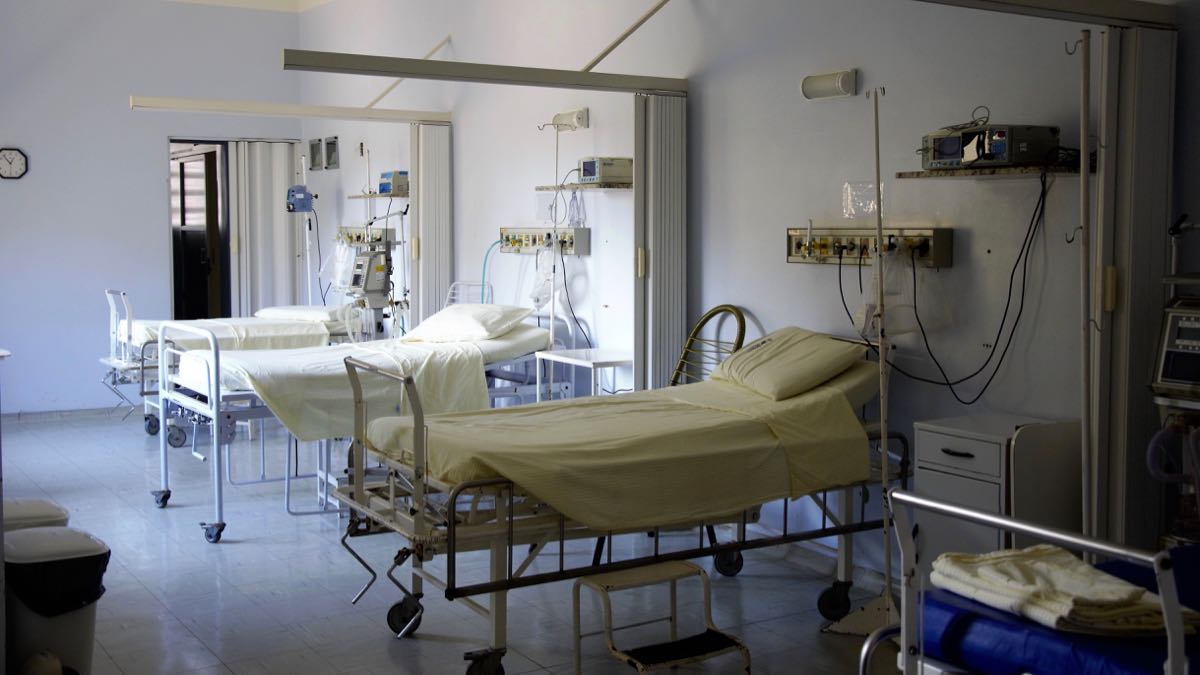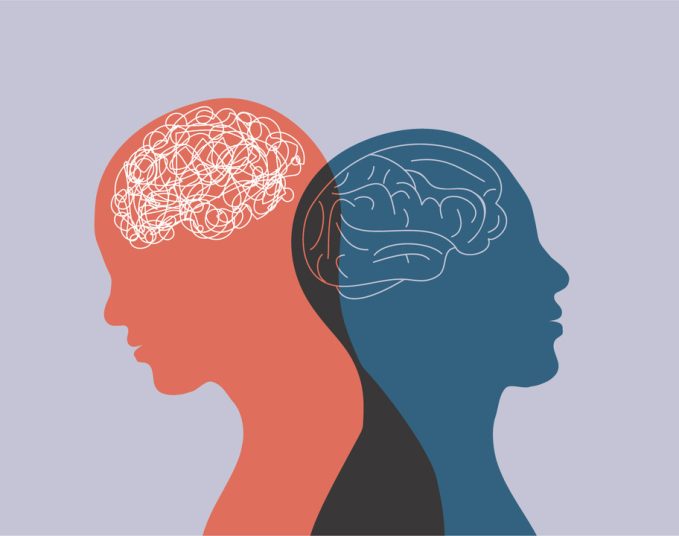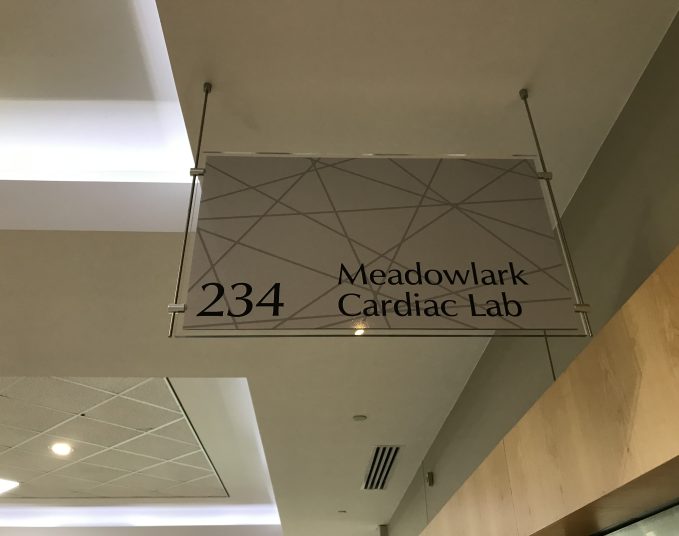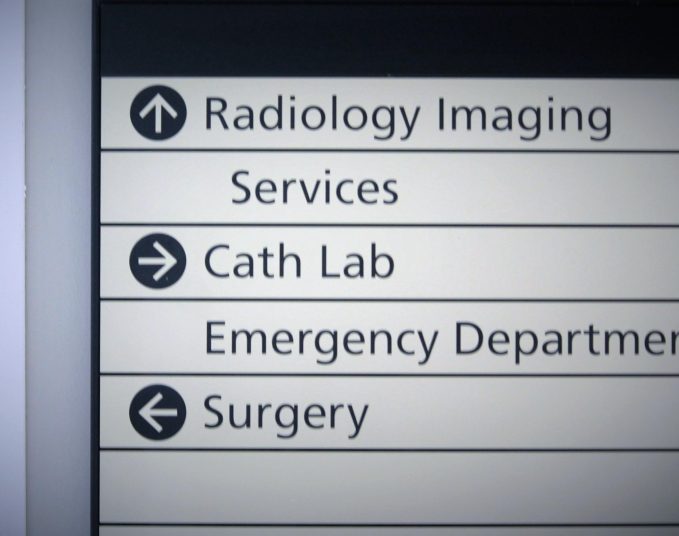Just a few days before our interview, Jill’s (Ed: not her real name) immunologist sent her to the hospital to rule out pulmonary embolism, which happens when a blood clot gets stuck in an artery of the lung. In Jill’s case it would be a Long COVID symptom amongst many others she had been battling over the last year: including swelling around the tissue of her heart, memory deficits, sudden heart-rate surges, fatigue and abnormal kidney test results.
By that point, she’d had COVID four times, despite taking stringent precautions. She was born with a primary immune deficiency. And, without a fully functioning immune system she needs weekly injections of human immunoglobulins from plasma donations. A very small viral load can make her sick and she’s at a much higher risk of severe outcomes from COVID than most people.
“Every time I catch it, it adds new layers to my disabilities,” she says. “COVID is slowly killing me.” Her haematologist believes the past COVID infections have further damaged her immune system. She is looking at a possible lupus diagnosis.
Her voice is raspy and soft over the phone. She pauses when I ask how she is doing.
“Well, I got COVID,” she says. “Again.”
At the hospital appointment several nurses were not wearing their masks properly, and one kept pulling it down to talk with Jill, who had to remove hers to get her lungs checked. As someone who is very isolated with her family — everyone works and goes to school from home — Jill believes that the appointment led to her most recent infection.
She’s always been careful with her health but in the past, she worked in the school system. By 2020 she moved to a remote position and at that time still had many options for safely connecting with those around her and she could attend health-care appointments without concern. About a year ago, nearly all restrictions were lifted in Alberta and that’s when she got her first COVID infection.
Three years in, nearly everyone she knows has moved on including — most bafflingly to her — many of the medical professionals she sees. But, Jill says, moving on is not a privilege afforded to people like her.
Recently, PCR testing became inaccessible to health-care providers, who, in the past, were able to test regularly. And while Alberta Health Services (AHS) still requires masks, any health-care settings outside AHS can make their own rules. So, once masking was no longer mandated in public settings, many dropped requirements — this includes many of the specialists seeing immunocompromised people, including those Jill now sees due to Long COVID.
“The variants have been left to run rampant and I have really become more and more scared,” she says.
“Governments are saying: Oh we can re-open because we have all these tools. But they are not available to the immunocompromised population. So, the monoclonal antibodies are no longer effective against the current variants. Because the variants are so immune-based, the vaccines were never particularly effective for immunocompromised people because of the nature of our immune systems.”
As well, Jill says that there are many contraindicated drugs that cannot be taken with Paxlovid, the drug which is used to treat COVID patients in specific circumstances. According to Health Canada, Paxlovid “is used in adults to treat mild to moderate coronavirus disease 2019 (COVID-19) in patients who have a positive result from a severe acute respiratory syndrome Coronavirus 2 viral test and who have a high risk of getting severe COVID-19, including hospitalization or death.”
She still takes the vaccines with hopes they will help, and while she believes Paxlovid is saving her life with this current infection, she says it is not a guarantee against more Long COVID symptoms. And, for the infection prior to the current one, the drug was not available due to a kidney infection caused by the virus.
“I have to access my medication, my health care. And by people not masking around me, I have no way to protect myself,” she says. “If you don’t want to wear masks as a society then you are going to leave the immunocompromised people behind.” And she says many high risk people are not able to work from home, or have their kids in online classes or maybe struggle to afford masks or air purifiers — many social and financial issues make individual protections far more challenging or impossible. She is currently in a court battle with her ex.
“He wants increased access, in-person school and group extracurricular activities. All things that put me at higher risk of infection,” says Jill.
Recently, she went to her cardiologist to find that no patients or staff were masking.
“I really realize now I have to be my own advocate,” she says.
She has to constantly think ahead. So, she now calls beforehand to see if the appointment can be done remotely or if the staff can mask. She’s also decided to start carrying around a laminated sheet that explains her medical condition as it is often something she needs to repeat at each appointment or in the emergency room. Like many others, she’s found ways to navigate her way around a harrowing array of risks. And yet, even with all these precautions, she can not control the actions of others which can directly affect her health.
Holly (Ed: not her real name), is retired and lives in a small community just outside Edmonton. She’s currently thinking about her next visit to her doctor, who hasn’t been taking precautions from the beginning.
“It’s exhausting always trying to get around how there is no protection for us anymore,” she says. “I’m thinking why am I made to feel crazy when my own doctor won’t wear a mask? Won’t acknowledge that it’s airborne?”
But the worst part, she claims, was that he minimized the effects of COVID, saying it was rarely an issue and only affects a certain demographic. Holly does not believe that is true, but regardless it is of little comfort when her husband, who’s in his 70s, has chronic health complications.
“I think patients are rightfully concerned, particularly when they go in for health care,” says physician Neeja Bakshi. “I think the medical community should be doing whatever we can to protect those who are coming in.”
It’s true, she says, that hospitals are no longer overwhelmed, and fewer people are dying; there is less of an acute emergency. But COVID is still circulating, people are still dying, and Long COVID (aka post COVID-19 condition) should be on everyone’s radar.
Recently, the World Health Organization announced an end to the global health emergency. But it also said earlier that “one in 10 infections result in post COVID-19 condition suggesting that hundreds of millions of people will need longer term care.”
COVID can cause organ damage — particularly affecting the heart, kidneys, skin. Plus, there’s risk of brain and immune damage, along with increased risks for cancer and autoimmune disease.
And, while no one knows yet how long that damage could persist, a study published in the Journal of the Royal Society of Medicine says 59 per cent of Long COVID patients had organ damage a year later.
In 2022, Bakshi started a Long COVID clinic at her health facility Park Integrative Health, treating patients from across Canada. Every week she completes upwards of 20 disability forms for people who need to take time off work due to the debilitating effects of Long COVID.
While certain health complications make Long COVID more likely, anyone can be affected regardless of the severity of their infection or the state of their health. The indiscriminate nature of COVID is one of the things that’s been most shocking to Bakshi. She’s treated a number of elite athletes who went from performing at a professional level to struggling to have enough energy to brush their teeth.
Many patients struggle with stigma not just from medical professionals but from family, friends and employers. It’s an invisible illness, says Bakshi, so patients may look fine and are often misdiagnosed as something psychosomatic.
“I’m immersed in the world. But I don’t feel like you can deny it exists. And I think it’s a bit of ignorance on the medical community’s part if they say they don’t know anything about Long COVID. There are very specific disease patterns and symptoms,” says Bakshi.
There is also a lack of support. The most proven management strategy for Long COVID or even any COVID infection is recovery and rest, says Bakshi. But that’s not possible for many people. Initially, in 2020, there was forced rest through quarantine periods, but that time off has become shorter, as employers don’t have to pay for employees to be off at all.
“We are not a society that is built on support. We’ve already set ourselves up to fail from a recovery perspective,” says Bakshi.
Jill has found validation in Bakshi’s clinic as one of her patients. But that experience stands out amongst a sea of specialists who have given up on precautions.
“Instead of recommending upgraded masks, air cleaners and UV, or working from home, immunologists that manage my condition recommend wearing a mask if you want and enjoying your life—as short as that may be. I am not sure if this is complacency, or giving up… Either way, education and change need to happen or far too many valuable lives will be lost and disabled unnecessarily,” says Jill.
Savvy AF. Blunt AF. Edmonton AF.




